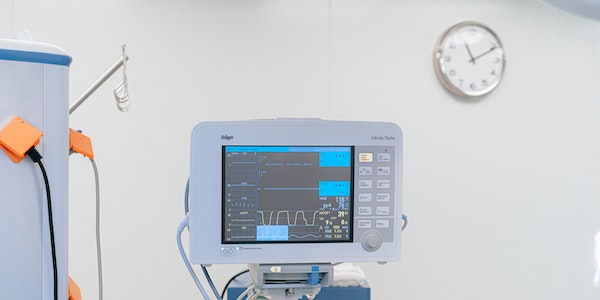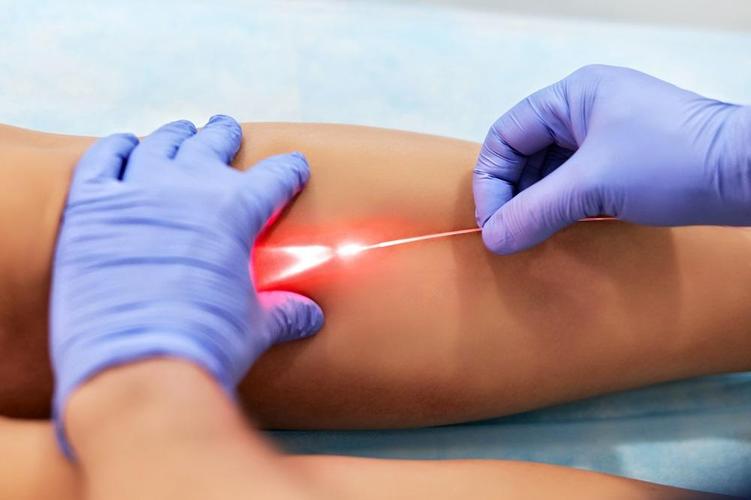
In the realm of modern medicine, technological advancements continue to redefine the landscape of surgical interventions. One such groundbreaking innovation that has transformed various medical procedures is the use of lasers. Laser operations, once confined to the realm of science fiction, are now a reality, offering precision, efficiency, and reduced recovery times. In this blog, we will explore the multifaceted applications of laser operations across different medical specialties and the transformative impact they have had on patient outcomes.
1. Ophthalmic Laser Surgery: A Clear Vision for the Future
One of the earliest and most successful applications of laser technology in medicine has been in ophthalmic surgery. Laser operations, such as LASIK (Laser-Assisted In Situ Keratomileusis), have revolutionized the field of refractive surgery. LASIK, in particular, has become a popular choice for individuals seeking freedom from glasses or contact lenses. This outpatient procedure uses a laser to reshape the cornea, correcting refractive errors such as nearsightedness, farsightedness, and astigmatism with unparalleled precision. Patients experience rapid recovery, reduced discomfort, and remarkable improvements in vision, making ophthalmic laser surgery a shining example of the positive impact of laser technology.
2. Laser Precision in Dermatology: Reshaping Skin Health
Dermatological conditions, ranging from cosmetic concerns to serious medical issues, have found a formidable adversary in laser technology. Laser operations in dermatology encompass a wide range of procedures, including laser hair removal, tattoo removal, and treatment of skin conditions like psoriasis and vitiligo. Fractional laser technology has also emerged as a powerful tool for skin resurfacing, reducing wrinkles, scars, and pigmentation irregularities. With the ability to precisely target specific areas of the skin without affecting surrounding tissues, lasers have become a go-to solution for dermatologists seeking optimal outcomes with minimal downtime for their patients.
3. Laser in Gastrointestinal Surgery: Navigating the Depths with Precision
The use of lasers in gastrointestinal surgery has ushered in a new era of precision and minimally invasive procedures. In conditions such as colorectal cancer and gastroesophageal reflux disease (GERD), laser operations enable surgeons to navigate delicate structures with enhanced precision. Endoscopic laser therapy has become a valuable tool for treating conditions like early-stage esophageal cancer and certain types of gastrointestinal bleeding. The focused energy of lasers provides an effective means of tissue ablation and coagulation, minimizing the need for extensive incisions and promoting faster recovery for patients.
4. Laser Applications in Urology: A Beacon of Hope for Patients
Urological disorders often require intricate surgical interventions, and lasers have emerged as indispensable tools in this field. Laser operations are used in the treatment of kidney stones, prostate conditions, and urological cancers. Laser lithotripsy, for instance, employs laser energy to break down kidney stones into smaller fragments, facilitating their removal through less invasive means. Laser ablation techniques are also utilized in the treatment of benign prostatic hyperplasia (BPH), providing relief to patients with enlarged prostates without the need for traditional surgery. The precision and versatility of lasers in urology contribute to improved patient outcomes and reduced postoperative complications.
5. Laser-Assisted Cardiac Procedures: Navigating the Intricacies of the Heart
In the realm of cardiac surgery, lasers have found applications in procedures requiring precision and delicacy. Laser technology is employed in the treatment of certain cardiac arrhythmias, where abnormal heart tissue is targeted and ablated to restore normal rhythm. Additionally, laser-assisted angioplasty is utilized in opening blocked arteries, providing an alternative to traditional methods. The ability of lasers to precisely target and treat specific areas within the intricate network of blood vessels and the heart contributes to safer and more effective cardiac interventions.
In conclusion, laser operations have emerged as a transformative force in modern medicine, offering precision, efficiency, and improved outcomes across various medical specialties. From the clarity brought to vision through ophthalmic laser surgery to the refined artistry of dermatological procedures and the intricate applications in gastrointestinal, urological, and cardiac surgery, lasers have illuminated new paths in healthcare. As technology continues to evolve, the future holds the promise of further advancements, pushing the boundaries of what is possible and bringing about even more refined and personalized medical interventions.
1 year ago

1 year ago

1 year ago

1 year ago
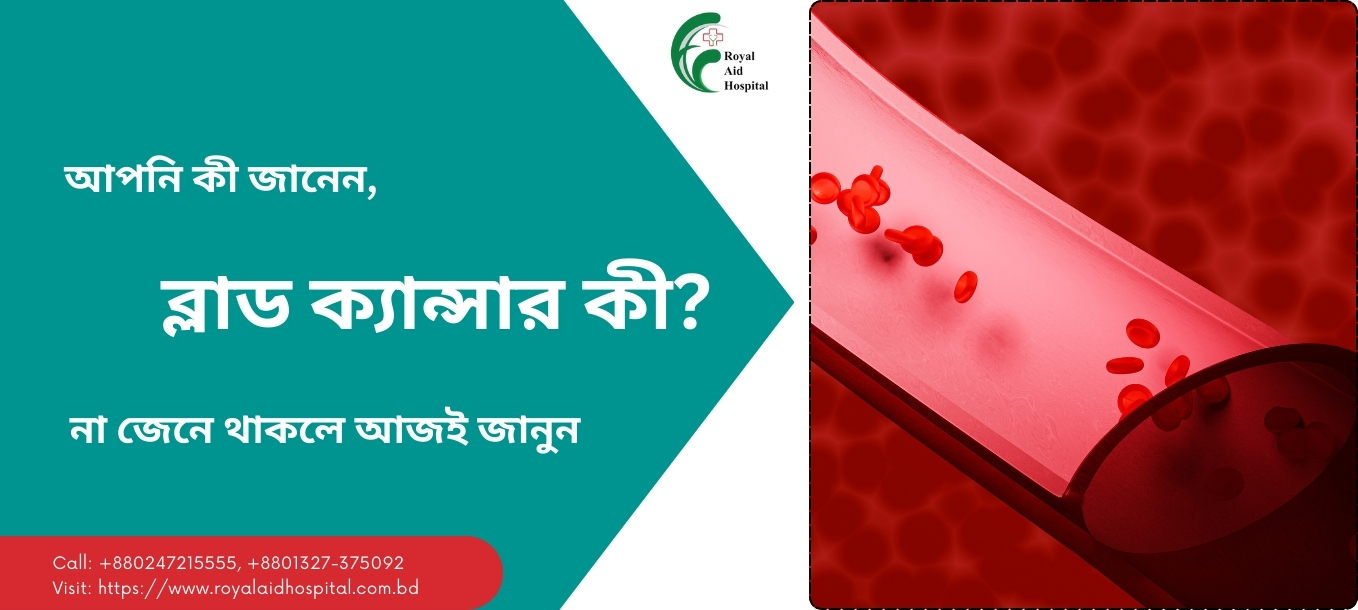
1 year ago

1 year ago

1 year ago

1 year ago
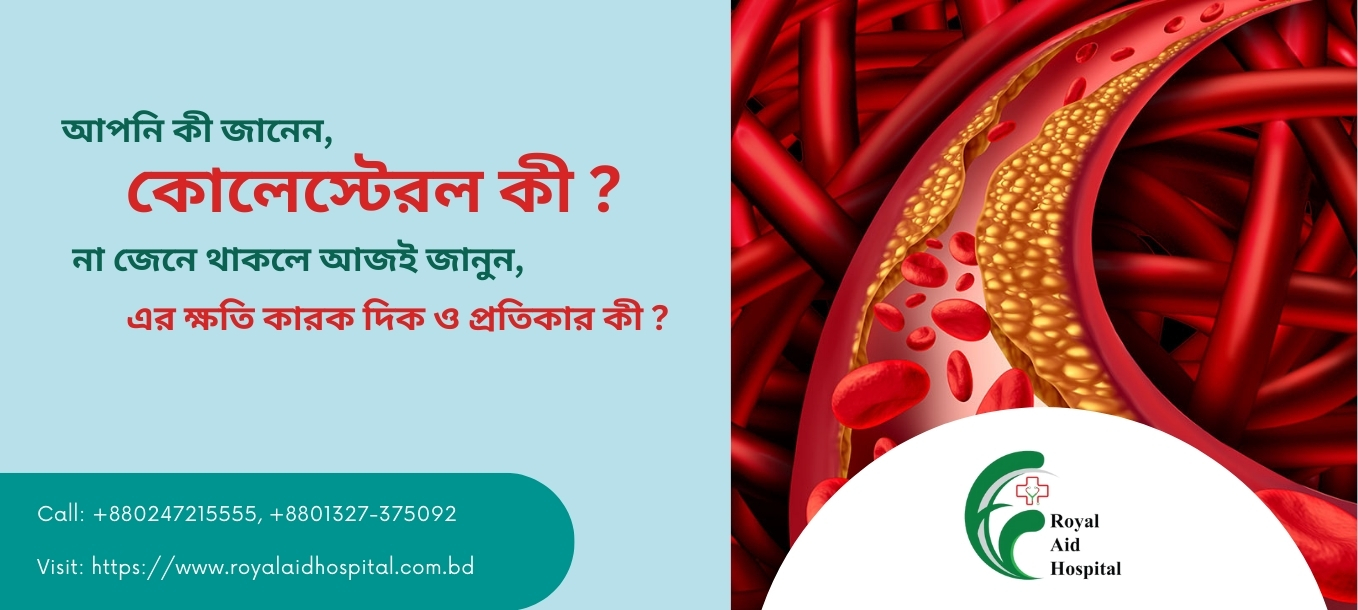
1 year ago

1 year ago
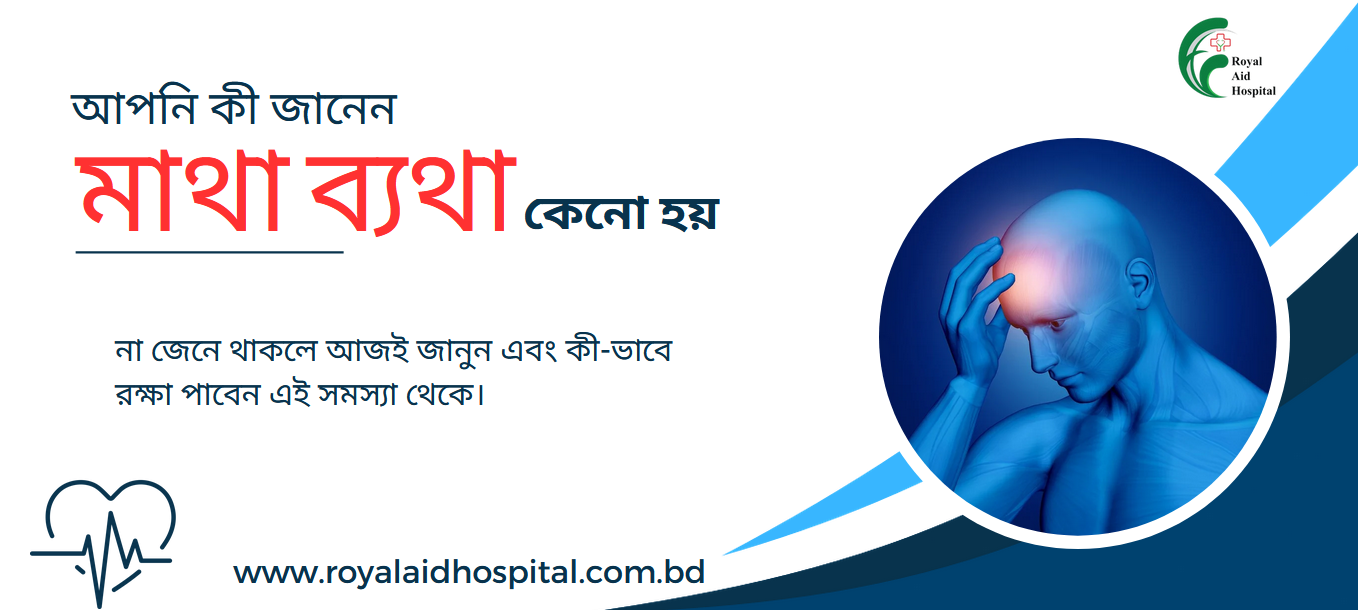
1 year ago
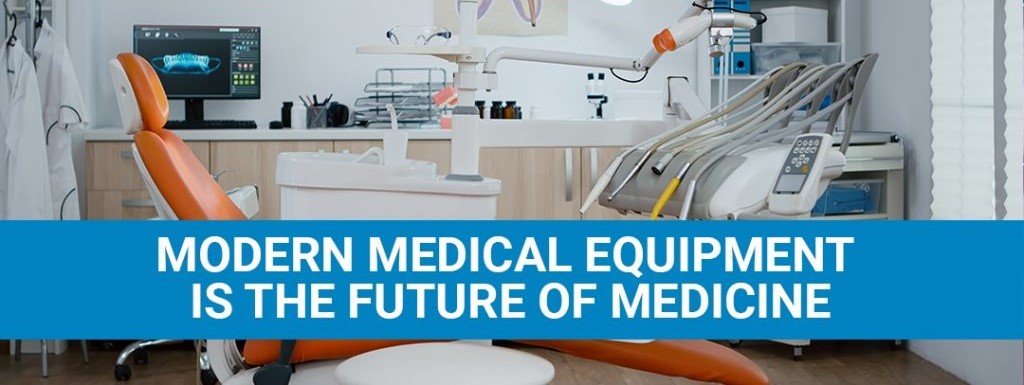
1 year ago

1 year ago

1 year ago

1 year ago

1 year ago
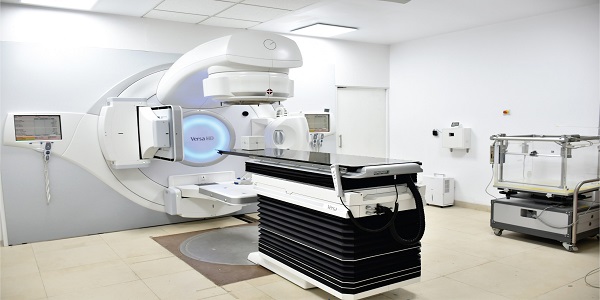
1 year ago

1 year ago
